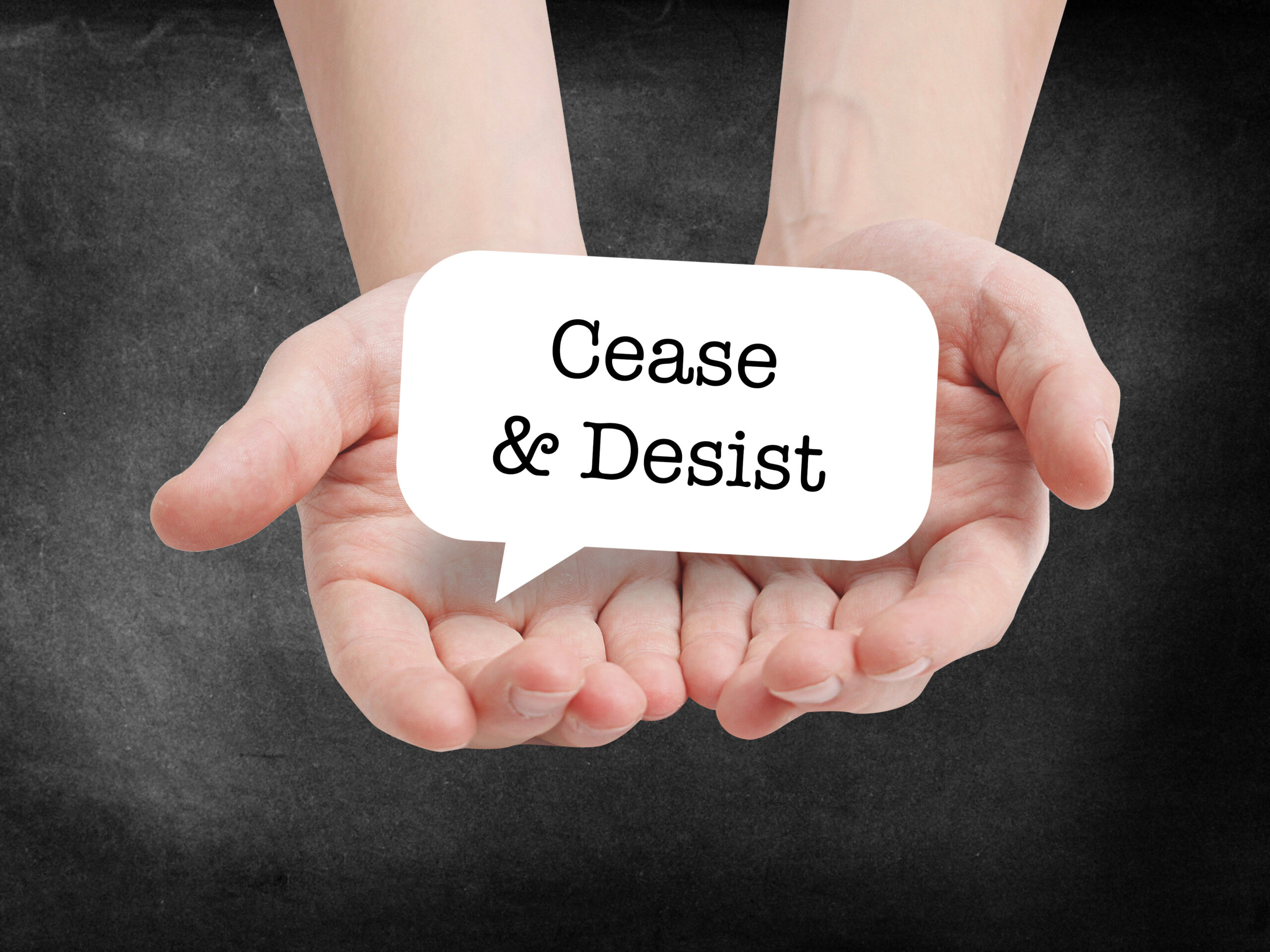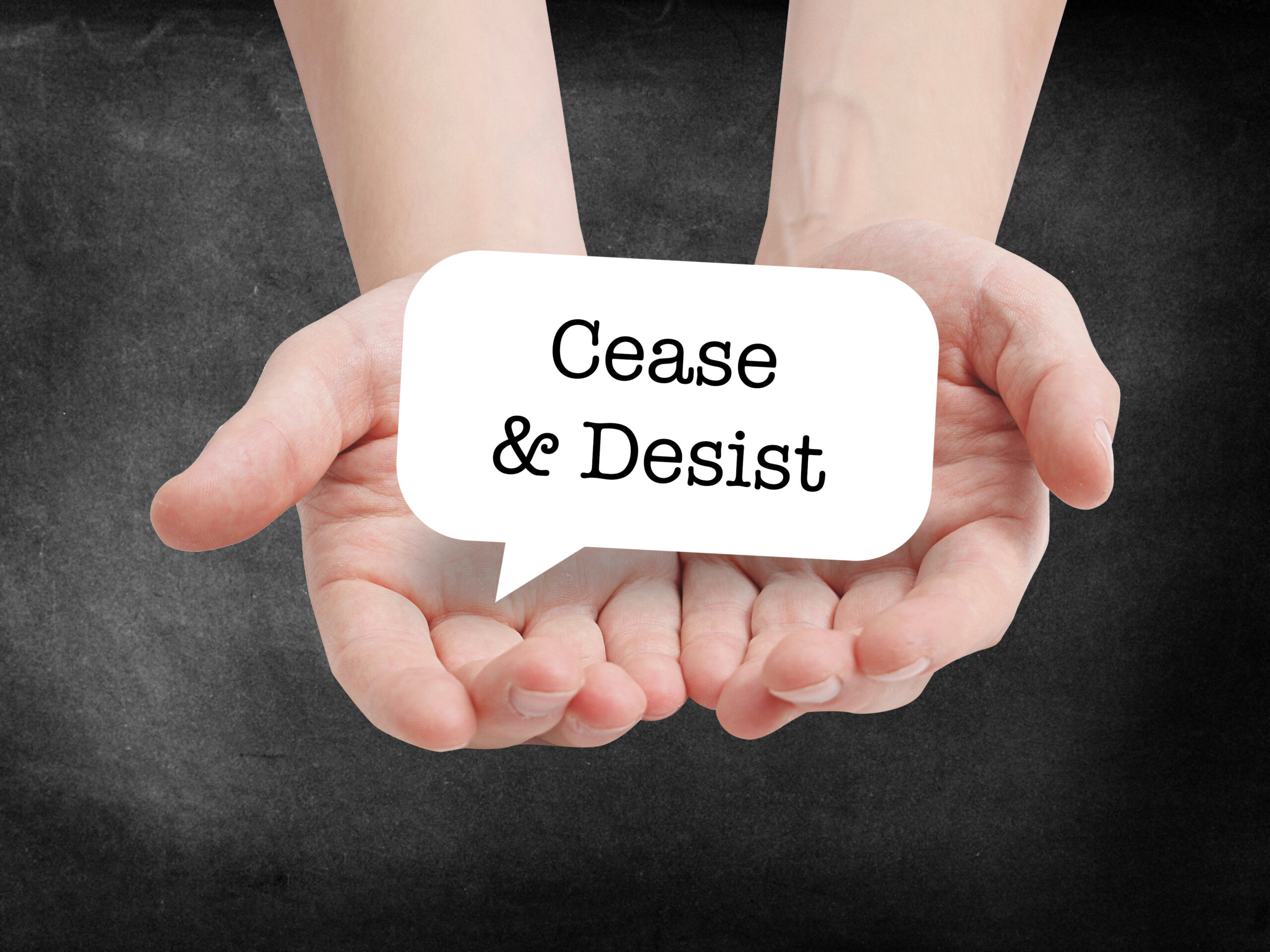Ooops…I made a Mistake! What do I do now?
Copyright issues permeate every aspect of our lives in the electronic age. Clients regularly contact me regarding images they obtained from a third party website and used on their own website or in a presentation. Usually, the client has obtained a cease and desist letter from a stock photography company instructing the client to cease using the image(s) and to pay the stock photography company a large sum for using the image(s).

Common Stock Photography Image Example courtesy of WordPress.com
So how do you protect yourself from allegations of copyright infringement?
First, do not assume that articles and images that are available on the Internet are free for you to use. Publicly available materials on the internet are protected by copyright laws. Regardless of the source of the article or image, if it is an original work of authorship, you must secure permission in order to use it.
For example, you’ve decided to run for a public office in your local community. The local newspaper does an in-depth article on you that is quite flattering. You decide to post that article on your campaign website. Before you use the article for any purpose, you must contact the local newspaper and obtain permission to use the article on your website and in campaign materials. The permission should be in writing so you are protected from allegations of copyright infringement. Just because the article is about you does not mean you have any ownership rights in the article. The journalist who was the original author of the article and/or the newspaper will own the copyright, not you.
Many people subscribe to electronic magazines, blogs and news services as part of their efforts to stay informed on developments in their specific type of business (i.e. law, engineering, architecture). Before you copy and distribute the article to a client or co-worker check your subscription agreement. Some subscription agreements do not permit the copying and distribution of materials.
Some materials are exempt from copyright protections:
- Materials published by the U.S. government
- Materials that are so old that they are considered to be within the public domain
- Transitory works (i.e. speeches or music that has not been written or recorded; not in a tangible format)
So what do you do if you received the cease and desist letter from the photograph stock company?

Do not ignore the letter and hope they go away. Immediately remove the images from your website. Some people send a letter of apology and notify the stock company that the images have been removed in an effort to try and negotiate a more reasonable settlement than what the stock company is demanding. Some people, hire a lawyer to help them respond to the stock company because they may have a legitimate defense and do not owe any money. Each person has to decide what is best for their business or them individually.
If you would like more information on copyrights in the United States go to the website for the U.S. Copyright Office at www.copyright.gov. Another excellent resource is the Copyright Clearance Center at www.copyright.com.
Crystal Broughan is an intellectual property law attorney with Marks Gray, P.A. If you would like to learn more about Marks Gray’s intellectual property law services please contact Ms. Broughan at [email protected] or 904-807-2180.
